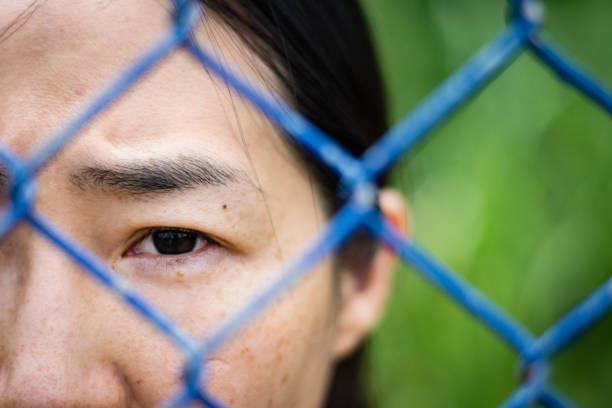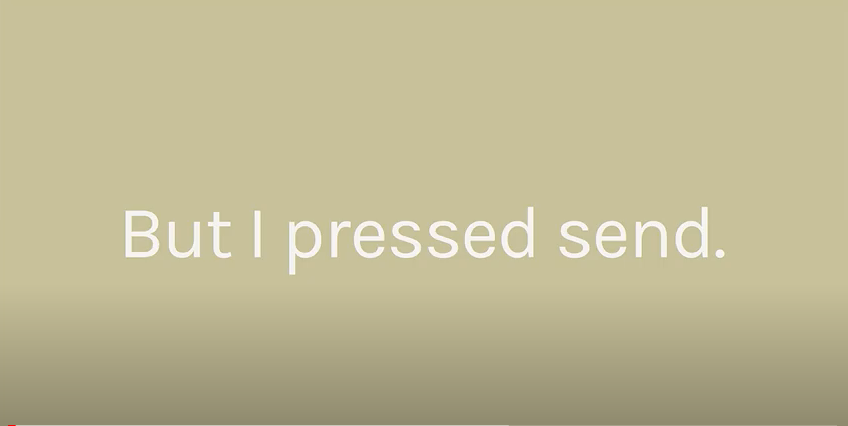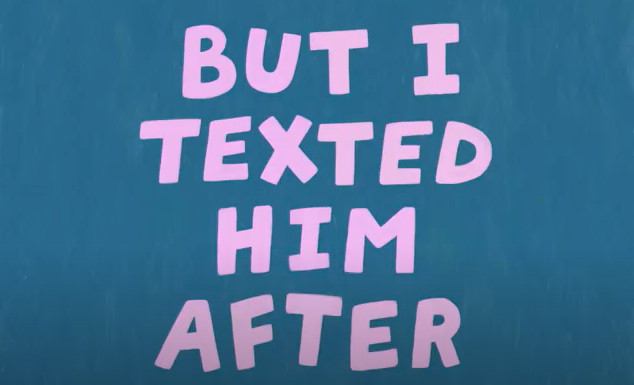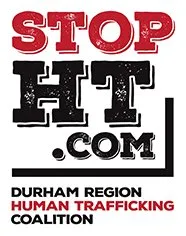How to Recognize Human Trafficking
Learn the signs, take action. There is hope.
Signs To Watch For
Human trafficking is hard to spot because it can happen slowly over time. But there are some common warning signs.
What You Might See:
- More school absences/bathroom breaks/returns from lunch hungry
- Drop in grades and withdrawal from social activities
- Tattoo of boyfriend's name, gang symbols/colours, tattoo branding
- Change in friends, becomes labelled as promiscuous by teachers or colleagues and experiences shaming from peers
- Drug and/or alcohol use
- Change in attire/expensive clothing, different hairstyles/manicures
- Carries multiple phones with blocked numbers, taxi numbers stored
- Avoids eye contact
- Can seem fearful, anxious, depressed, submissive, tense, nervous and/or paranoid, or have extreme mood swings
- Exhibits unusually fearful or anxious behaviour regarding law enforcement or other figures of authority
- Becomes protective of siblings or other loved ones
- Lacks health care, appears malnourished, signs of physical abuse like cigarette burns, bruises, etc.
What You Might Hear:
- Makes references to boyfriend (often older) as "Daddy" or self as "mama" or "baby"
- Refers to friends as "wives, sisters", being part of a "stable"
- Speaks about having to make a quota or "bill"
- Talks about being in "The Game", "The Life" or "telly time"
- Makes reference to certain websites
- Overheard describing how much money they make
- Change in lingo or uses lingo/terms by those in "The Game"
- Speaks about hanging out in hotels and Airbnb's
- Talks about future plans with intimate partner including quitting school, getting married, buying a home
- Inability to clarify where they are staying/their address
- Loss of sense of time
- Has numerous inconsistencies in their story
Who Is Targeted?
Anyone can experience sex trafficking, but there are communities that are more at risk: young women and girls, Indigenous women and girls, Black women and girls, and 2SLGBTQ+ youth. That's because the root cause of human trafficking is inequity.
Additional individual targeting factors:
- Child abuse
- Sexual abuse
- Entering/leaving foster care
- Entering the teen years
- Mental health, mental illness
- Precarious immigration status/newcomer
- Single parent, divorced families
- Isolation, rural life
- Poverty
- Addiction
- Running away from home, being kicked out
- Homelessness
- Financial hardship
- Dropping out or being expelled from school
- Moving to a city from a rural or Indigenous community
- Developmental disabilities
- Bullying
- Not feeling adequately loved or supported
Additional societal targeting factors:
- Weak health, educational, and social policies
- General tolerance and normalization of sexual violence within the community
- Weak community sanctions against sexual violence perpetrators
- Lack of social support and integration, support systems
- Physical barriers, especially for people living with disabilities
- A lack of jurisdictional and service coordination
- Service providers who are not trained to identify and properly respond to human trafficking (e.g. law enforcement)
- Oppressive policies (governmental, social, corporate, non-governmental)
Where Are Individuals Commonly Targeted?
Common recruitment locations include:
- Schools
- Malls
- Libraries
- Group homes
- Bus Stops
- Parties at Hotels
- Social media
- Online
Who Can Watch for Signs?
Anyone can watch for signs of human sex trafficking, including:
- Parents or guardians
- Teachers
- Counselors/doctors/therapists
- Friends
- Family members
- Work supervisor
- Co-workers
- Peers
- Community members
- Neighbours
9 Myths About Human Trafficking
Myth #1
Human trafficking is a crime that involves sneaking someone across a border.
Fact
Human trafficking and human smuggling are often confused. Human trafficking is sexual or labour explotation that can involve cross-border movement, but doesn’t have to. The majority of human trafficking in Canada is domestic.
Myth #2
Human trafficking doesn’t happen in places like Ontario.
Fact
Over 90% of sex trafficked individuals in Canada are domestic. Ontario is a major centre for human trafficking in Canada and accounts for over 60% of reported cases nationally.
Myth #3
Sex trafficking only happens to people with high-risk behaviours or other high-risk factors.
Fact
While some demographics are more at-risk, anyone can be trafficked.
Myth #4
You never get to see your family if you’re trafficked.
Fact
Individuals can still live at home and go to school while being trafficked. Some individuals will work to maintain the illusion that everything is fine.
Myth #5
Traffickers are strangers.
Fact
Over one third of trafficked individuals are recruited by men they consider to be their boyfriends. One quarter were trafficked through friends, most often also being trafficked.
Myth #6
If a person isn’t being held against their will, they can just leave.
Fact
Psychological controlling, manipulation and monitoring strips an individual’s ability to seek help. Some trafficked individuals may not even know they’re being trafficked. Some might believe that their trafficker knows what’s best for them.
Myth #7
Victims are kidnapped.
Fact
Kidnapping is rarely used in sex trafficking. Many sex traffickers lure and hold individuals through witholding of basic needs, psychological grooming, and manipulation. Trafficked individuals often feel like their traffickers love them and may not see red flags until it’s too late.
Myth #8
All sex work is human trafficking.
Fact
Sex trafficking is sex work that is coerced. This includes manipulation and tricking someone into performing sex acts, a third party taking pictures of the individual, posting ads, and deciding what sex services will be offered. Threats of meeting a financial quota can be involved.
Myth #9
Traffickers use physical violence and restraints to keep them from leaving.
Fact
Physical violence can be used to a degree, but psychological manipulation is far more effective.
Human Trafficking is Happening in Durham Region
If you’re concerned about yourself or someone you know, help is available.
I Need Help »Additional Resources

But I Said Yes (Video)
What consent means and how to identify sexual coercion.

But I Pressed Send (Video)
If you’re a victim of internet exploitation, it’s not your fault.

But I Texted Him After (Video)
Even if you texted him after, it doesn’t mean it didn’t happen.
